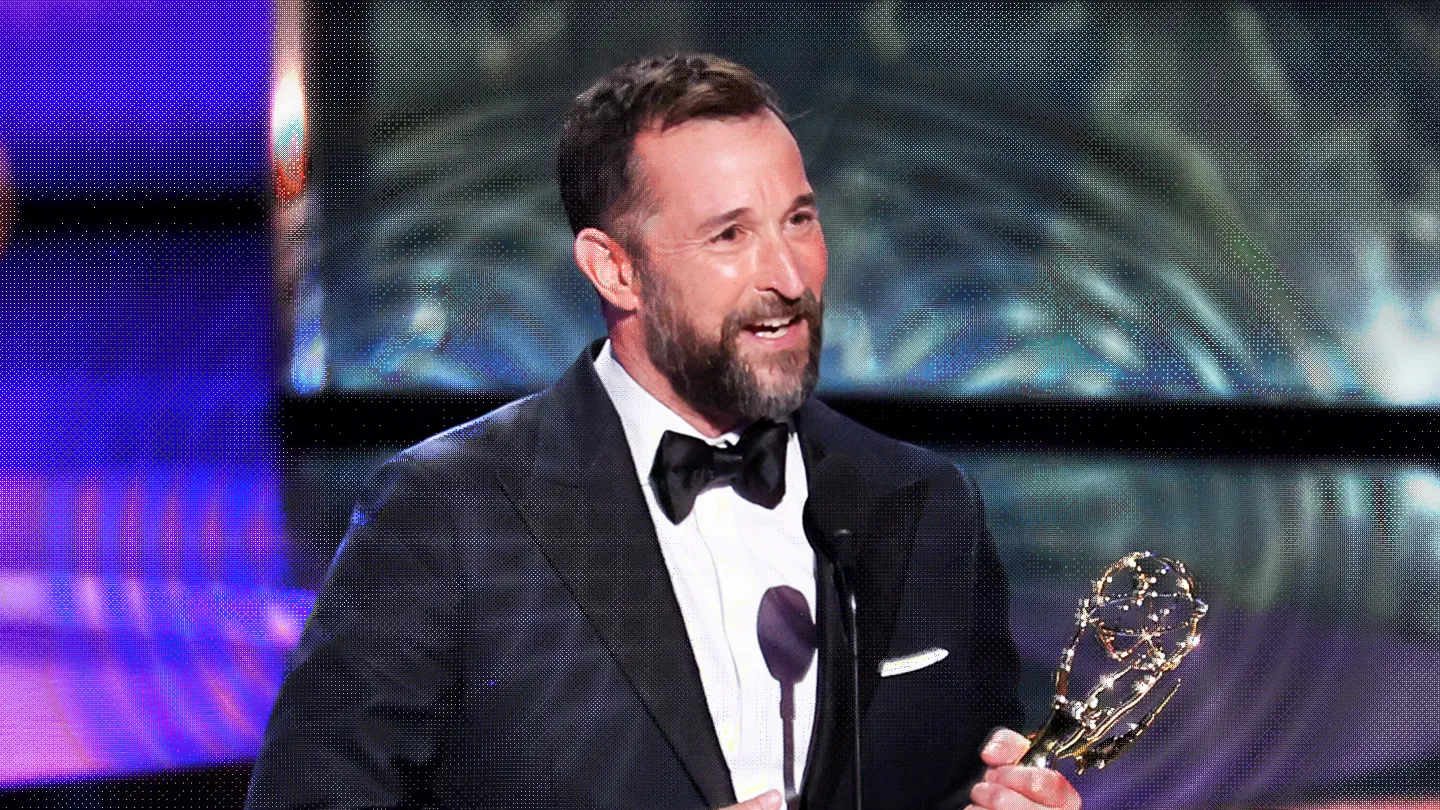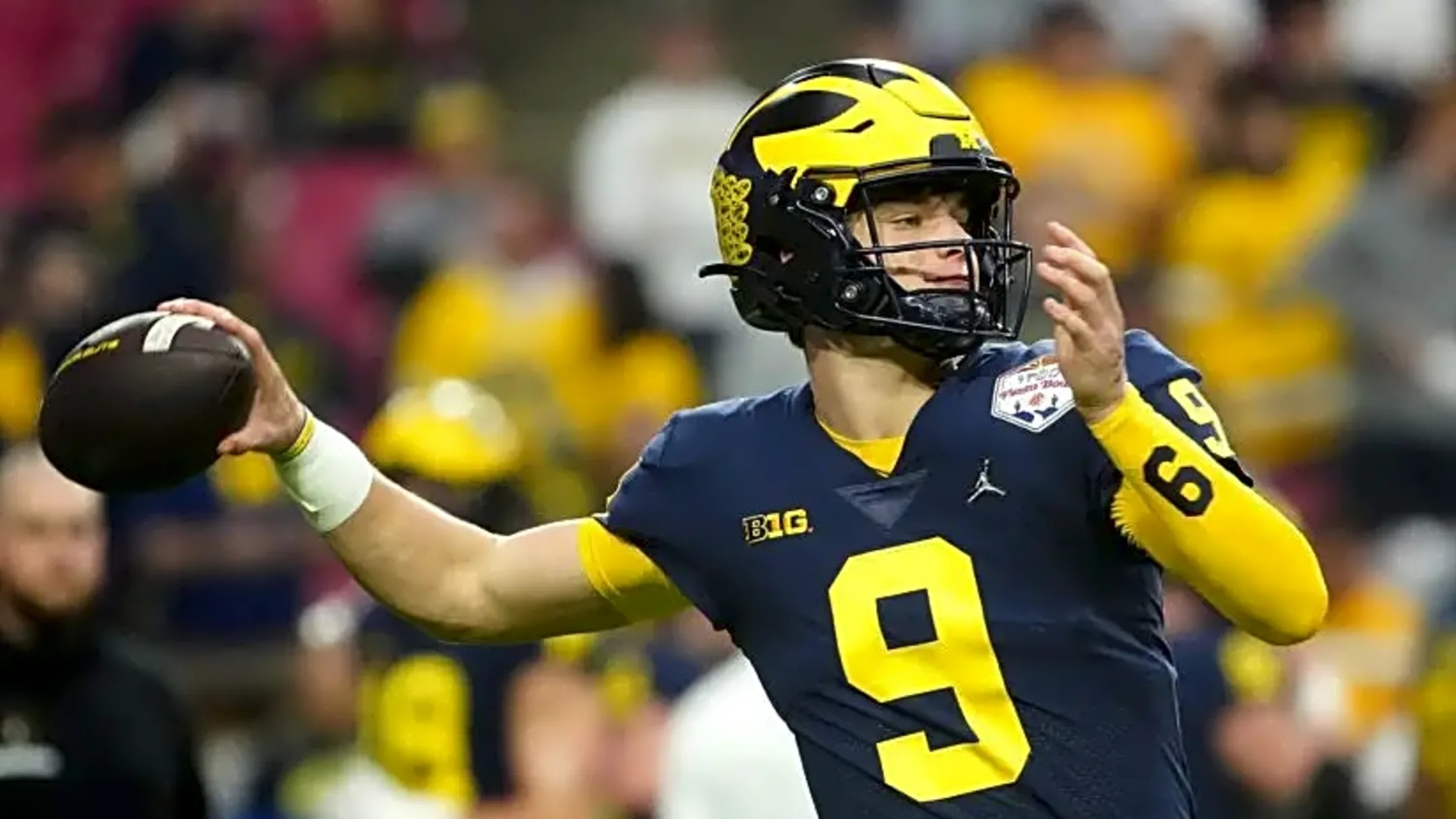By Frazier Tharpe
Copyright gq

This is an edition of the weekly newsletter Tap In, GQ senior associate editor Frazier Tharpe’s final word on the most heated online discourse about music, movies, and TV. Sign up here to get it free.
This is not an Emmys recap: The less said about the dreadfully boring broadcast—which, true to host Nate Bargatze’s joke about hosting the 77th Emmy ceremony instead of a cool number like the 75th or 80th, seemed even more mailed-in than usual this year—the better. But as mid as the show itself was, it may end up being one of the most consequential nights for the immediate future of television. The Pitt—the half-procedural half-serialized Max original that restored old ER vibes, in spirit with EP John Wells and by literally putting Noah Wyle back in scrubs—more or less swept the drama categories, defeating presumed locks like The White Lotus and critically-acclaimed favorites like Severance. And as we know about those brilliant folks calling the shots in Hollywood, if something works, the only solution is to spam the marketplace with it. Which is to say, by this time next year, a good chunk of new TV may be greenlit in our favorite Pittsburgh Trauma Center’s image.
What does that mean, exactly? In the aftermath of premium cable’s reign and then Peak Streaming, TV has looked a little less like, well, TV. The budgets rival a modest blockbuster, the cinematography looks fit for a Dolby theater, the casts are often a murderer’s row of Oscar nominees, and the wait between new seasons is about as long as it takes to make a sequel.
The Pitt, by design, feels like a breath of old air circa 2002. It is blessedly low-concept, looks great without looking glossy, proudly embraces episodic and procedural tropes—even the nature of its serialization, with each installment representing one hour in one day, hearkens back to 24, an aughts staple if there ever was one. It’s even being produced in the spirit of old TV: following an April season finale, season 2 is already filming with a January release date. Sure, in the peak network TV era, seasons turned over in the span of a grade-school summer vacation, but in 2025 nine months still feels like a feat. (Only half-hour shows—mostly sitcoms, like Hacks, The Bear, and The Other Two—have reloaded as quickly.)
Sunday’s Emmys haul has officially cemented The Pitt as a commercial and critical hit; anyone who wasn’t on the bandwagon is surely about to spend fall binging before season 2 And now that it’s both the people’s and the industry’s favorite, I wonder if network bosses are going to be looking for their own Pitt now to ride the wave. Not necessarily a medical show, but something that feels lo-fi and retro by design. (The Pitt is also one of depressingly very few zeitgeist shows that don’t concern the one percent or casually wealthy.)
And honestly, as much as the industry’s impulse to carbon copy is lame in a broad sense, it wouldn’t be the worst thing if at least some significant corner of TV-making swung back to the old way of doing things. I’ve been consuming a lot of random stuff from that era lately, and as cool as high-production-value, anti-episodic concepts are, there was a brilliance within the simplicity of network TV and the cable classics that still adhered to its mold even while breaking the rules. Without formula you don’t get a show like Buffy birthing the Big Bad concept; for every dumb filler episode there’ve been dozens of innovative gems like Breaking Bad’s “Fly”; and a looser production schedule that allows writers to tinker and readjust based on chemistry and audience reaction is how you get an all-time, totally unplanned romance like Juliet and Sawyer on Lost.
There is of course, no reason to assume suits chasing The Pitt’s success will stumble onto the next Buffy or West Wing or ER—they might just revive the lawyer procedural again, since that’s the only staple missing from the lineup lately. But in lieu of a classic, some solid escapism made in the old mode will do. We’re already inching there; Paradise, which premiered alongside The Pitt and also nabbed a few Emmy nominations, is also already underway on season 2. That show kind of falls apart the second you think too hard about its plot, but it’s the kind of good-dumb-fun that would’ve been greenlit by suits chasing Lost back in ‘07, simultaneously simplistic and high-concept; it doesn’t look cheap, but no one would ever mistake the eponymous town as not being a TV set, if you catch my drift.
It is, in other words, the ABC version of Severance, which was The Pitt’s chief opponent in the Emmys race. That show took a whopping three years between seasons; even with Ben Stiller and co. vowing not to take as long, it probably won’t be back in time to even compete at Emmys ‘26. Regardless of when it returns, the drama landscape is at its best when we have an even mix of Severance-types pushing the ball forward and shows like The Pitt holding strong to TV’s roots. So if the next few years see an arms race to make more cutting edge capital-p Prestige shows while vanguards like Wells run ‘90s plays back—and we get a lot of hybrid B-shows like Paradise in the process—then the future of the tube doesn’t look so dim. Just last week, Kiefer Sutherland expressed an interest in winding the clock back to 2000 for another revival of 24. Now how on time would that be?
Sign up for the Tap In newsletter to get Frazier’s weekly culture diary, exclusively in your email.



